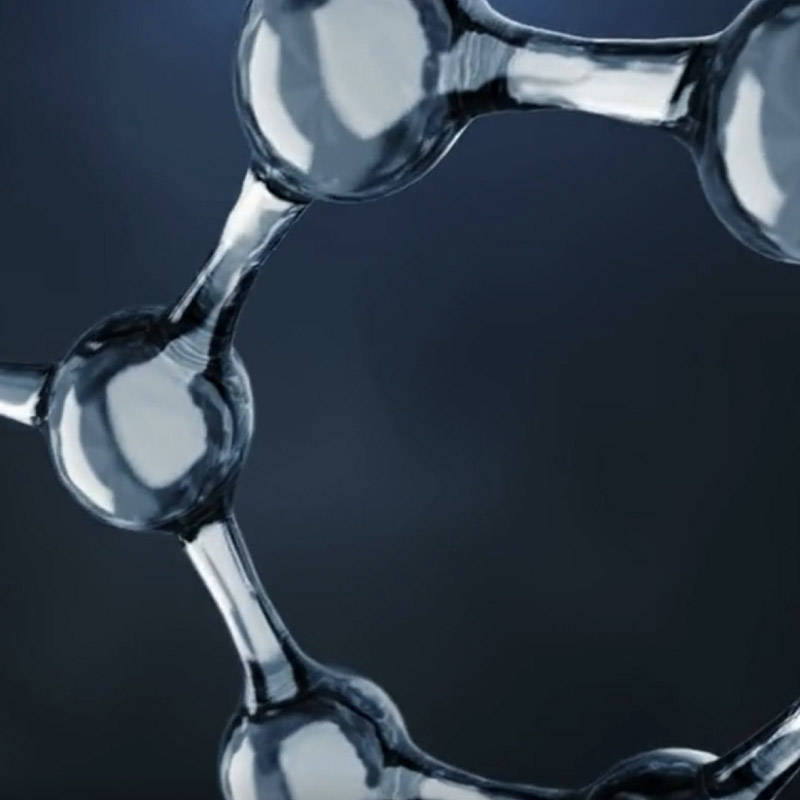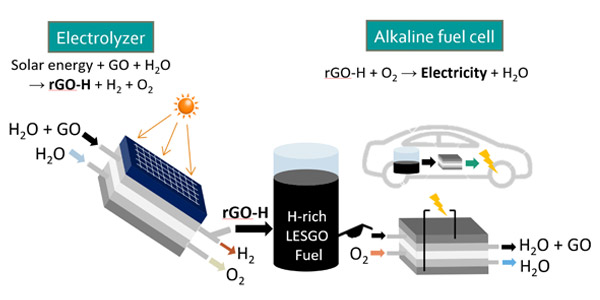Energy storage
Renewable energy sources are intermittent, demanding daily and seasonal storage for their continued deployment. Large-scale storage of renewables at these different timescales requires alternatives to conventional batteries that can offer safe and efficient storage and transport, and deliver at power densities matching target applications. We develop alternative technologies that rely on Earth-abundant materials to address these challenges.

What?
Renewable energy, which is intrinsically intermittent and sometimes unpredictable, requires a reliable storage method any time surplus generation occurs, guaranteeing its utilization at a later stage.
Why?
- Hydrogen’s recent momentum as the energy vector of the future
- Alternatives are needed for its generation based on earth-abundant non-toxic feedstock
- Take advantage of existing infrastructures for long term storage and end-user distribution
How?
H2020 project LESGO, led by ICFO researchers, investigates the electro-chemical generation of hydrogen (from water) and its chemical bonding to graphene oxide (from carbon). This yields a hydrogen-rich liquid fuel that can be stored, transported and then used in fuel cell engines.
Who?
In the Organic Nanostructured Photovoltaics group, led by Prof. Dr. Jordi Martorell, researchers are working on the integration of high performing photovoltaics and hydrogen generation/storage, whereas the CO2 Mitigation Accelerated by Photons group, led by Prof. Dr. F. Pelayo García de Arquer, is developing more efficient hydrogen generation methods in liquids as well as alternative storage methods based on redox-flow batteries.
Liquid hydrogen carriers can be generated using renewable electricity and then be stored and used in fuel cell vehicles, decarbonizing the transport sector.

Image depicting the concept behind project LESGO. Link to project website.